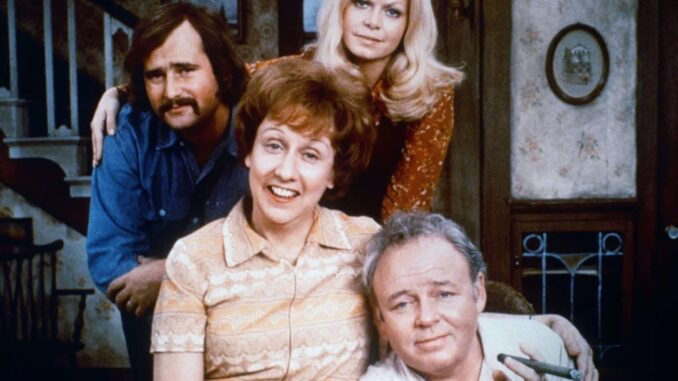
Long before social justice became mainstream, these unforgettable ’70s TV scenes broke barriers and confronted racism, gender roles, and inequality head-on — shaping culture forever.
Powerful ’70s TV Moments That Tackled Today’s Biggest Issues Before It Was Cool
Television in the 1970s was more than entertainment — it was a mirror reflecting the growing pains of American society. Decades before diversity and inclusion became buzzwords, bold creators and actors were already challenging stereotypes, confronting injustice, and sparking national conversations.
Breaking Ground on Primetime
Shows like All in the Family, Maude, and Good Times didn’t shy away from hot-button issues. Whether it was racial inequality, women’s rights, mental health, or poverty, these series brought real-world problems into American living rooms — often for the first time.
In All in the Family, Archie Bunker’s bigoted rants were paired with moments of confrontation, forcing viewers to reflect. Maude famously addressed abortion in a groundbreaking two-part episode that sparked national debate. Meanwhile, Good Times gave visibility to Black family life in a way that was nuanced, emotional, and unapologetically real.
Why It Still Matters Today
The themes tackled by these shows remain deeply relevant. Racism, gender inequality, class struggle — these aren’t relics of the past. The brilliance of ’70s TV was that it dared to make these conversations mainstream before society was ready.
In many ways, today’s social movements stand on the shoulders of these fearless television pioneers. They paved the way for modern shows to explore identity, diversity, and justice with authenticity and purpose.
A Legacy That Endures
These iconic moments remind us that television isn’t just for laughs or drama — it can be a powerful tool for change. And the writers, producers, and actors of the 1970s knew that well. Their courage helped redefine what storytelling could do, long before hashtags or viral videos.
Conclusion:
The most powerful TV from the ’70s didn’t just entertain — it educated, provoked, and inspired. These moments still resonate today, proving that the best stories never go out of style.